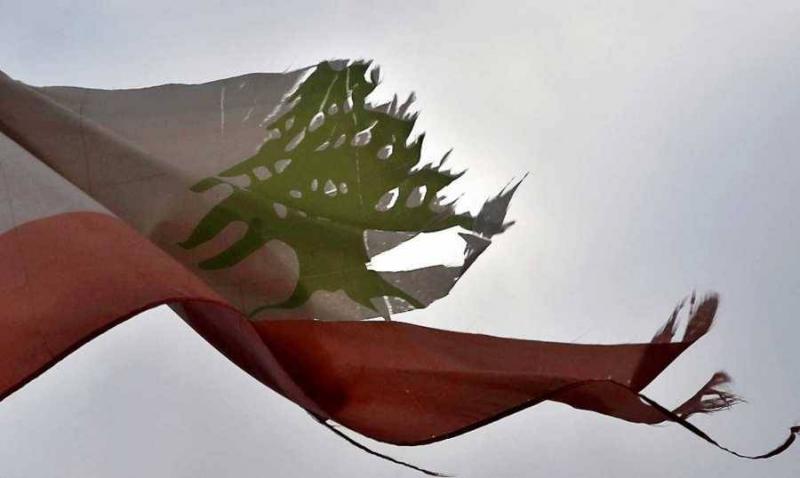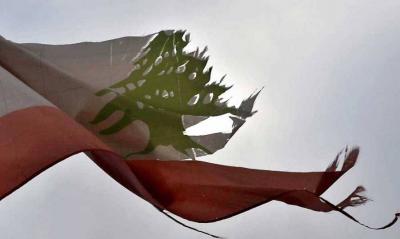At the beginning of the year, Lebanon is awaiting preparations for the upcoming meeting in Paris, which will include France, the United States, Saudi Arabia, and Qatar, in the middle of the month. Efforts are currently underway to establish a clear agenda and a work plan that the Lebanese should follow to exit the existing political deadlock, elect a president, and form a government whose main task will be to devise an economic and financial plan.
Positive Iranian signals towards Saudi Arabia have emerged, based on statements made by Foreign Minister Amir Hussein Abdullahian during his visit to Muscat, where he expressed a willingness to renew dialogue. If this actually occurs, it is expected to have a positive impact on Lebanon, as reported by the Kuwaiti newspaper "Al-Jarida."
Internally, movements continue as well. Hezbollah, which still insists on Sleiman Frangieh as a presidential candidate contrary to the position of National Free Movement leader Gibran Bassil, simultaneously emphasizes its support for consensus and the desire for dialogue to reach agreements that will produce a president and a government. Conversely, some believe that it is unrealistic to anticipate an external initiative that would adopt a temporary solution focused only on electing a president; they argue that international involvement must be conditioned on a series of stringent measures that local factions would not be able to bear.
It should be noted that any external step emphasizes the need to recognize that the crisis is not solely about the failure to elect a president; it is larger than that and has financial and economic foundations. Observing the clear political positions announced by regional countries such as Saudi Arabia, alongside reports from the World Bank and the International Monetary Fund, and in light of what Europeans say about the state of the central bank and the need for investigations into its accounts and balances, shows the extent and depth of the crisis. These positions suggest that dealing with Lebanon in its current state resembles a contagion, creating external fears of its spread and potential influence on various factions.
Thus, Lebanon will return to one of two options: either maintaining the status quo leading to total collapse, creating conditions for international intervention that enforces a radical change, or succeeding in negotiating a transitional settlement among the Lebanese themselves, based on certain external circumstances, similar to previous settlements that would extend the crisis.




